Nepal’s coalition government faces budget crunch as economic woes mount
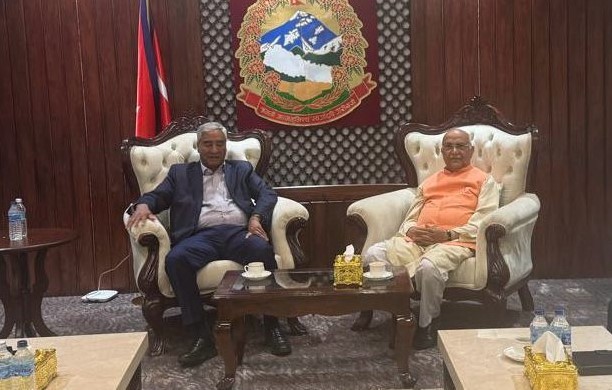
KATHMANDU: Nepal’s coalition government, led by CPN-UML Chairman KP Sharma Oli and backed by the Nepali Congress, is grappling with a constrained fiscal landscape as it prepares to unveil its first budget for the fiscal year 2082/83. Finance Minister Bishnu Paudel, currently overseeing the implementation of the previous budget crafted by Barshaman Pun, faces mounting pressure amid a sluggish economy and political uncertainty surrounding the coalition’s stability.
The budget session of Parliament, which began on Friday, sets the stage for heated debates as the government struggles to balance ambitious promises with stark economic realities.
The Office of the Prime Minister and Council of Ministers has finalized the government’s policy and program document, aiming to inject momentum into an economy criticized for its lackluster performance. Formed with a mandate to revive economic growth, the Oli-led government has yet to deliver impactful reforms, drawing sharp criticism.
Recent attempts to fast-track progress through ordinance-based legal amendments have fizzled out, leaving the administration’s economic agenda under scrutiny. Despite public rhetoric centered on good governance and development, internal economic indicators paint a grim picture, with remittances and a stable external sector being the only bright spots.
Budget Constraints and Political Pressures
The Finance Ministry is navigating a fiscal crisis, with mandatory liabilities exceeding NPR 1.5 trillion for routine operations and past development commitments. This leaves limited room for new initiatives, even as ministers and political leaders lobby for fresh projects to secure political gains.
Ongoing projects are facing budget cuts, with the overall budget ceiling slashed, triggering widespread discontent. Several ministers have escalated their grievances to Prime Minister Oli, but Finance Ministry officials remain firm: the government lacks the resources to accommodate new programs or fully fund existing ones.
“There’s little hope for significant revenue growth next year. At best, we expect NPR 1.3 trillion in revenue before distribution. With internal borrowing limits and roughly NPR 1.7 trillion in total resources, the NPR 1.5 trillion in mandatory liabilities leaves minimal fiscal space,” a senior Finance Ministry official said.
The official highlighted that projects funded by foreign loans offer some relief, as their rapid implementation could drive spending without exacerbating the resource crunch. However, stagnant expenditure across other sectors continues to hinder progress.
Legacy of Fiscal Mismanagement
The current budget woes stem from years of flawed practices, including the addition of new projects annually, securing multi-year approvals, and inflating costs, which have ballooned liabilities. This has paralyzed Nepal’s budgeting system, leaving the Finance Ministry with little wiggle room to address pressing economic challenges. The official attributed part of the crisis to inefficiencies in other ministries, which have failed to execute allocated budgets effectively.
Economic Context and Outlook
Nepal’s economy is under strain, with weak revenue collection and limited borrowing capacity compounding the government’s challenges. While remittances and a favorable external sector provide some stability, domestic economic indicators remain troubling.
The government’s inability to boost revenue or curb wasteful spending has fueled criticism, with analysts warning that the upcoming budget must prioritize fiscal discipline and strategic investments to avoid further economic stagnation.
The coalition’s political fragility adds another layer of complexity, as speculation about its longevity looms large. The budget, expected to be a litmus test for the government’s credibility, must navigate these political and economic headwinds while addressing public expectations for growth and development.
As the budget session unfolds macromolecules, the government faces a delicate balancing act: delivering on its promise to revitalize the economy while managing a constrained fiscal environment. Analysts urge a focus on completing foreign-funded projects, optimizing existing resources, and reforming the budgeting process to prevent further liability accumulation. Without decisive action, Nepal risks deepening its economic challenges, undermining public confidence in the coalition’s ability to govern effectively.
The upcoming budget will be a critical moment for the Oli administration to demonstrate its commitment to fiscal prudence and economic recovery, but with limited resources and mounting pressures, the path ahead remains fraught with challenges.





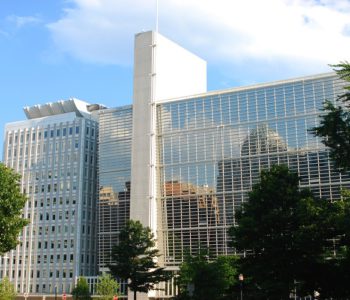



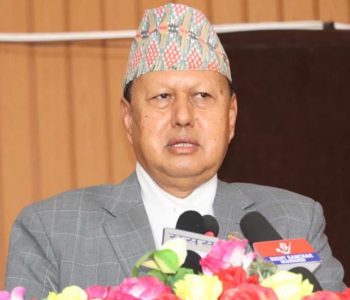
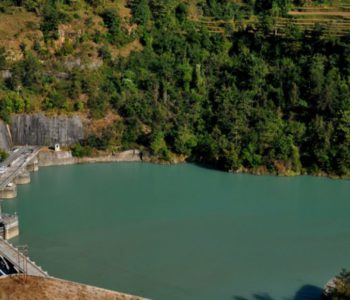
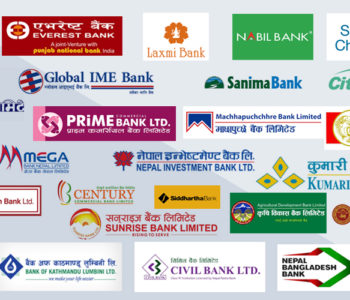
Facebook Comment